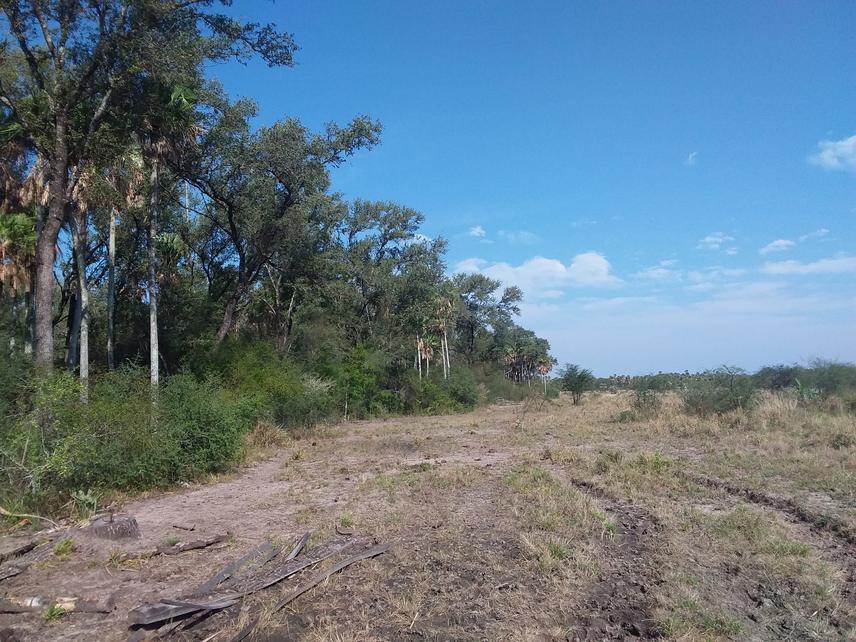Andriy Bazylenko
Land use change is one of the main causes of biodiversity loss at a global scale. In South America, the Chaco region faces intense transformation due to the relentless expansion of the agricultural frontier. These alterations to the landscape often result in the depletion of the forest cover and an overall intensification of land use. The consequences of such landscape transformations lead to the detriment of forest ecosystems, affecting crucial processes like reproduction, dispersal, and seedling establishment of trees.

Islet with “quebrachal” forest within a cattle ranching landscape. Laishi department, Formosa province, Argentina.
In the Wet Chaco (eastern part of the Chaco region), vegetation is associated with the local topography where forests occupy the highest topographic positions associated with fluvial levees. When the forests are not adjacent to an active watercourse, they usually present a discontinuous pattern in the landscape forming forest islets. These islets harbour a great diversity of tree species and are made up of at least two forest types: the “quebrachal” (dominated by Schinopsis balansae) and the Austro-Brazilian transitional forest (with co-dominance of multiple species such as Cordia americana, Sorocea sprucei, Diplokeleba floribunda, Myracroduon balansae, among others).
The eastern part of the province of Formosa (Argentina), where this project is being carried out, is located in the Wet Chaco In this region, there are present both natural landscapes, with a high degree of conservation, and highly transformed landscapes surrounded by croplands, cattle ranches where forests are remnants. The primary objective of my project is to assess the regeneration of tree species in landscapes undergoing varying degrees of transformation due to agricultural activities. To achieve this, I am conducting comprehensive surveys of tree species, studying the regeneration within islet forests situated in landscapes with different land uses, such as agriculture, cattle ranching, or reserves. With these results, I will identify the thresholds of landscape transformation beyond which the regeneration of tree species is compromised, the scale at which these effects are stronger and contribute to the existing knowledge about conservation of tree vegetation in islet forests .
I seek to generate valuable knowledge for landscape-scale forest management in the province of Formosa, Argentina and to generate knowledge exchange with local stakeholders on my results. To this end, I plan to organise collaborative workshops around the results of this project involving local producers, the Ministry of Production and Environment of the province of Formosa and the National University of Formosa.
Header: Islet with Austro-brazilian transitional forest in “El Bagual” natural reserve, department of Laishi, Formosa Province, Argentina. © Bazylenko Andriy.